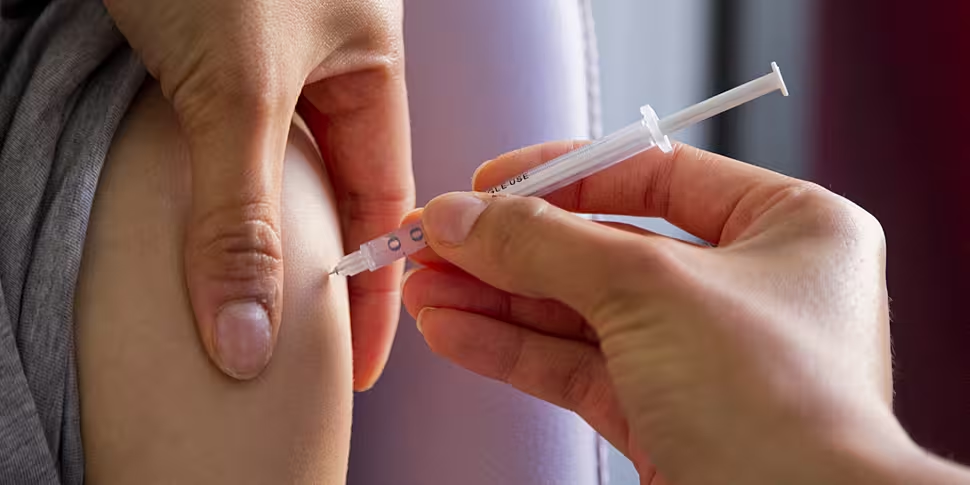The latest Pfizer data on vaccines for five to 11-year-olds is “really positive news” given the high percentage of children that suffer symptoms of long-COVID.
Pfizer and Pfizer and BioNTech yesterday announced plans to seek regulatory approval for the use of their COVID vaccine in children as young as five.
The companies said their latest trial results show the vaccine is safe and produces a robust immune response in children aged five to 11-years-old
They noted that the vaccine would be administered at a lower dosage for children under the age of 12.
On Newstalk Breakfast this morning, DCU Immunology Professor Christine Loscher said up to one-in-seven children who contract the virus suffer symptoms of long-COVID.
“I think we can’t ignore the really large number of studies which have come out over the last few months which have focused specifically on long-COVID in children,” she said.
“Those studies say that, while some of them range from 4% up to 14%, on average, up to one in seven children might get long COVID – which is defined as symptoms past 15 weeks of infection.
“That is a massive impact on a young child’s life and while some might say those percentages are low for children that get the infection, even a low percentage of a large number of children in that age group is still a large number of children.
“I think, if we have a struggling health care system that struggles to treat children with conditions, the last thing we need is an addition of thousands of children into that system with long COVID symptoms and long-term impact.”
Pfizer
She said the new Pfizer data is “very positive” given the current situation in Ireland’s schools.
“We are having a lot of questions and issues around that age group in schools at the moment,” she said. “The incidence in that age group is twice what it is in the general population.
“The key question will be whether or not NIAC decides to allow it for use here and I think if they go by the same rules as they did for 12 to 15-year-olds, they won’t just consider the risk-benefit ratio of the infection, but they will consider all the additional things around that – the impact on children’s lives, mental health and education.
“They did that very clearly for 12 to 15-year-olds and I think parents responded really well and the uptake has been phenomenal in that age group.”
"Major ethical discussion"
Also on the show, Maynooth University Immunology Professor Paul Moynagh said the bar must be set “very, very high” on any decision to vaccinate younger children considering how mild the virus tends to be for them.
Professor Moynagh also said we need “a major ethical discussion” about whether it is right to vaccinate young children while poorer nations struggle for vaccine supply.
“We are looking at countries where the availability is maybe in single-digit percentages in terms of availability,” he said.
“In those situations, we have highly vulnerable people where one or two vaccines could save the life of an individual whereas, in children, you would have to give hundreds of thousands to save one life.
“So, I think there is a major ethical discussion there as well. We are hearing from higher income countries that both can be done but that is just not happening at the moment.
“For example, the COVAX alliance, they are only getting about 10% to 15% of what they have been promised so there are major ethical decisions there as well, I think.”
You can listen back here:









